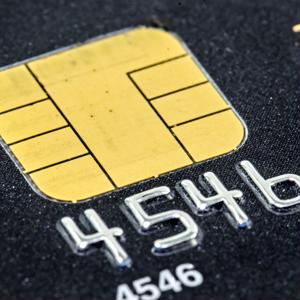What you need to know before paying your employees with direct deposit paycards
This year, more people will be paid with paycards than paper checks, according to new research from Aite Group. By 2019, the study predicts, the number of workers compensated via paycard will jump from 7 million up to 12 million while those who receive paper checks will plummet from 6 million to 2 million.
The shift comes as more and more employers are recognizing the advantages of distributing paycards rather than paper checks, for both themselves and their employees. For businesses, paycards represent a massive savings opportunity, costing about $0.35 for a payroll deposit, compared with $2.00 for a paper check, according to a study released by the New York Attorney General's (NYAG) office last year. Researchers also found that employers that switched to payroll cards … more




 At Vantage we work with many types of businesses to set up recurring billing for services. This work includes implementing the proper payment technology for their specific needs as well as establishing merchant services on Interchange pricing plans and managing transaction qualifications with PayView data analytics. Yet our billing clients often find that one of the most valuable services Vantage provides is in helping them establish policies to prevent and win service fee billing disputes.
At Vantage we work with many types of businesses to set up recurring billing for services. This work includes implementing the proper payment technology for their specific needs as well as establishing merchant services on Interchange pricing plans and managing transaction qualifications with PayView data analytics. Yet our billing clients often find that one of the most valuable services Vantage provides is in helping them establish policies to prevent and win service fee billing disputes.